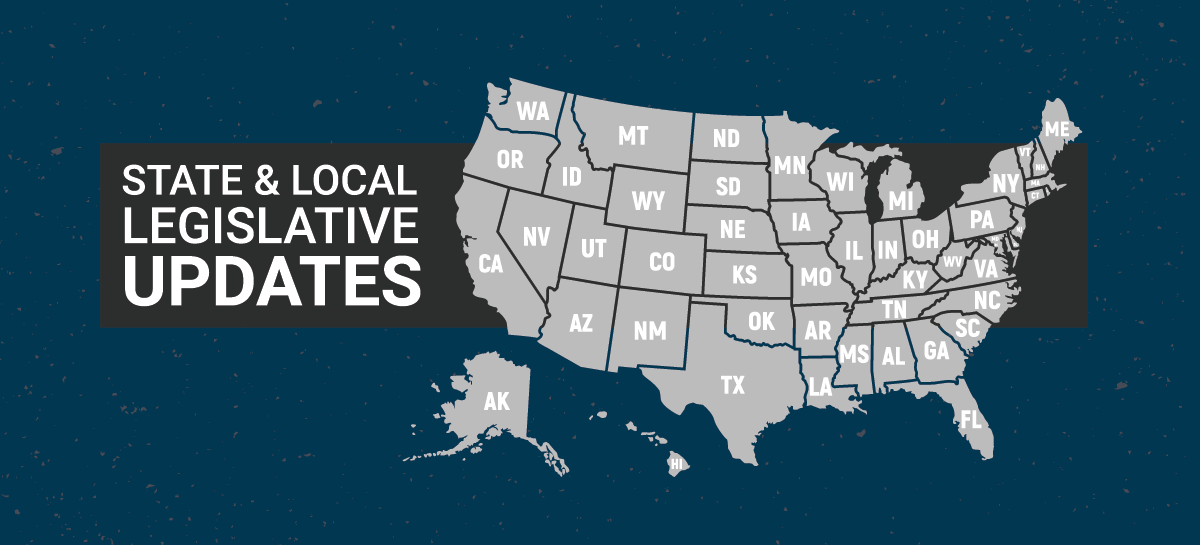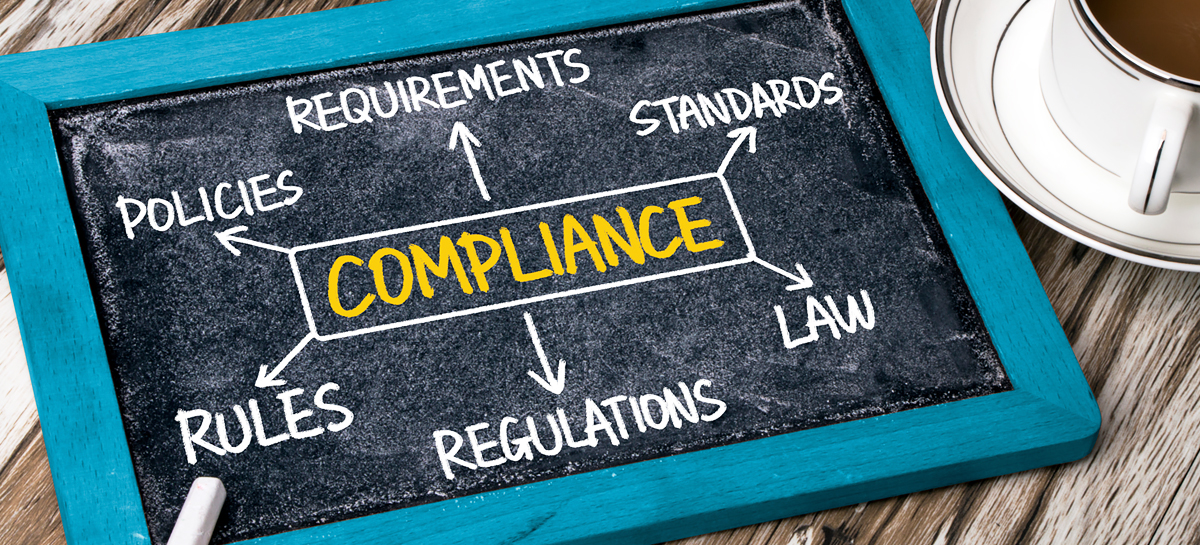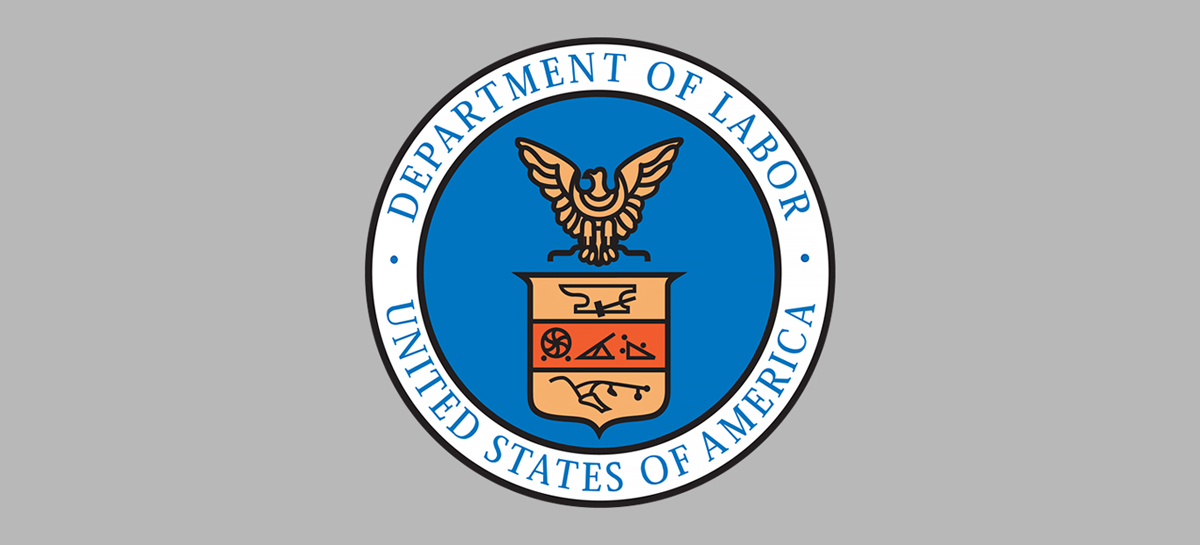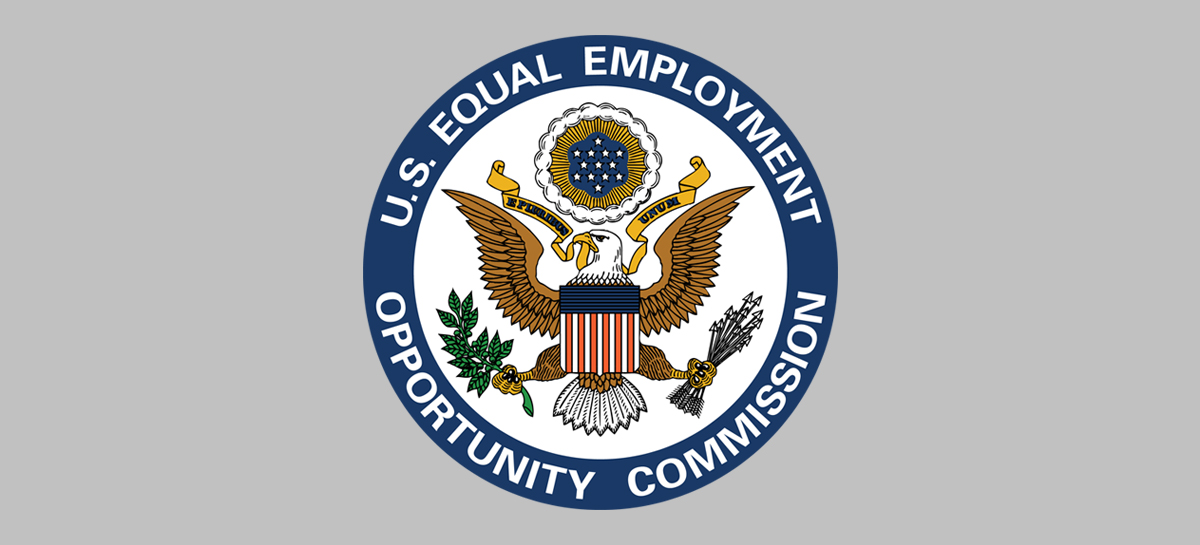
Colorado Enacts Significant Wage and Hour Amendments – On May 22, 2025, Colorado enacted House Bill 1001, which makes several important changes to the state’s wage and hour laws.
Continue reading
Colorado Enacts Significant Wage and Hour Amendments – On May 22, 2025, Colorado enacted House Bill 1001, which makes several important changes to the state’s wage and hour laws.
Continue reading
Employee engagement refers to an employee’s emotional connection and commitment to their organization and its goals. It is often reflected in their loyalty, motivation, and willingness to advocate for the organization. Engagement is a critical factor in driving retention and productivity.
According to a report from Gallup published in early 2025, the percentage of engaged employees fell to 31% in late 2024 from 33% in 2023. It was the lowest level of employee engagement recorded in a decade. Previous years saw high levels of employee quits, while employees are now more likely to stay in their current jobs—even if they are not satisfied with their role or their employer. This means employers may face lower productivity and a damaged workplace culture, which can lead to attraction and retention difficulties.
Continue reading
On July 4, 2025, President Donald Trump signed a major tax and spending bill, commonly referred to as the “One Big Beautiful Bill Act” (OBBB Act), into law. The OBBB Act includes changes for employee benefit plans, including provisions that:

Throughout 2025, there have been significant changes in employment law at the federal and state levels. A review of agency guidance, presidential executive orders, litigation, and recent and proposed legislation reveals a number of emerging trends that will affect employers for the remainder of the year. Employers should ensure that they are apprised of significant legal developments and are either in compliance or prepared to comply with their requirements.
Continue reading
Question: Does an employer legally need to provide something in writing to an employee being terminated?
Continue reading
With seasonal employment, internships, and graduations, summer presents a strategic recruitment opportunity for employers. What’s more, summer is the peak season for many businesses, potentially driving them to hire more workers to keep up with increased demand. Summer is an ideal time for employers to review their efforts to attract and retain quality talent for seasonal or long-term employment.
Continue reading
Illinois (Chicago) Increases Minimum Wage – On June 4, 2025, the City of Chicago announced an upcoming change to the minimum wage. Effective July 1, 2025, the Chicago minimum wage for employers with 4 or more employees will be $16.60 per hour, while the tipped employee minimum wage will be $12.62 per hour. For youth workers, subsidized temporary youth employment programs, and subsidized transitional employment programs, the minimum wage will be $16.50 per hour.
Continue reading
On May 28, 2025, the U.S. Department of Labor (DOL) released Compliance Assistance Release No. 2025-01, which rescinds prior 2022 guidance that cautioned plan fiduciaries to exercise “extreme care” before they considered adding a cryptocurrency option to a 401(k) plan’s investment menu for plan participants.
According to the DOL, the standard of “extreme care” deviated from the requirements of the Employee Retirement Income Security Act (ERISA). Under ERISA, fiduciaries must act prudently and solely in the financial interests of plan participants, among other standards of conduct.
Continue reading
An employment separation is the end of an employee’s working relationship with an employer. It includes voluntary separations (i.e., resignation or retirement), involuntary separations (i.e., firing or layoff), and departures that occur at the expiration of a work contract or seasonal employment. Employment separations require employers to complete a variety of important tasks in a short time frame, including finalizing payroll, retrieving company property, and transferring the departing employee’s job responsibilities. Employers must also address issues related to employee benefits for departing employees.
Continue reading
The portal for employers to submit 2024 EEO-1 Reports to the U.S. Equal Employment Opportunity Commission (EEOC) opened on May 20, 2025. The deadline to file 2024 EEO-1 Reports is June 24, 2025.
EEO-1 Overview – The EEO-1 Report is a federally mandated survey that collects workforce data categorized by race, ethnicity, sex, and job category. Under Title VII of the Civil Rights Act, covered employers must usually submit EEO-1 Reports by March 31. However, the EEOC pushed the deadline for 2024 EEO-1 Reports to June 24, 2025.
Continue reading